British tabloids have managed to blame Meghan Markle for Prince Philip's death and everything else that comes to mind.
The hatred for the Duchess of Sussex is not a mystery, but her strongest critics of course deny racism.
But some who point to Meghan as the cause of current and future hardships for the royal family aren't insulting her.
Maybe Meghan did mark the beginning of the end of the rule of Windsor. Maybe that's a good thing.
Diane Abbott is a former Shadow Home Secretary.
She is also the first Black member of Parliament.
Recently, she wrote in a new Vanity Fair cover story about the long-term implications of Megxit.
Abbott wrote that, as a consequence of the fallout of Meghan's joining and leaving the family, the monarchy may be on its last leg.
Specifically, the monarchy "as we know it will last as long as the queen is alive," Abbott speculated.
"I think there will be a big public debate" after Queen Elizabeth's death, Abbott prognosticated.
"And I think what the royal family and their advisers did with Meghan," Abbott continued.
She wrote that this scandal "will be part of the argument for change."
Abbott expects there to be more than just public discourse on the topic.
Abbott wrote that there could be a debate on the floor of Parliament.
She predicted a "clamor to look at the current arrangement."
"And maybe," Abbott added optimistically, "move to a more Scandinavian monarchy."
Abbott characterized what she meant, meaning a monarchy "where you don't have all the pomp and ceremony."
That certainly sounds desirable.
And compared to the oft-suggested idea of abolishing their titles altogether, it's a moderate proposal.
A fellow Brit, writer Anna Pasternak, also spoke to Vanity Fair about her expectations.
In her book, everything that was exposed by Megxit may bar Prince Charles from being crowned king.
“I’m not 100 percent sure that we will see Charles ascend to the throne,” she admitted.
“The Sussexes have sparked something so fundamentally incendiary in this country," Pasternak remarked.
She noted that it is so incendiary "that it is changing the face of Britain."
"And," Pasternak continued, "I think the monarchy as an archaic institution may well topple.”
Pasternak recalled how Harry had described his father and brother as being "trapped" within their roles.
"Both sides are like wounded animals," she characterized.
With that in mind, she wondered if Meghan would ever again set foot on British soil.
"Harry said there's been an awful lot of hurt," Pasternak observed.
"Well," she continued, "there's been an awful lot of hurt now on the side of teh Windsors now from the interview."
Obviously, mistreating someone is not the same as that mistreatment being exposed to the world.
For Americans, it is often bizarre to think of a country having an actual monarchy.
It's a little like hearing that your friend went unicorn-riding or just matched on Tinder with a dragon.
But the British monarchy is real, they wield actual political power, and they cost tens of millions every year to taxpayers.
Queen Elizabeth was recently embroiled in a scandal after it was learned that she uses her power to "review" upcoming laws to influence Parliament.
That was a power that was supposedly ceded long ago.
But the monarchy is more than just an archaic institution. It's relationship to the UK is parasitic.
Americans often think of the British royals like rapid-aging Kardashians. National mascots, even.
However, their annual cost paid to them by the nation's citizens comes out to about $85 million per year.
The monarchy already has tremendous generational wealth after centuries in power. That is gratutious.
Many correctly called Meghan Markle brave for speaking out as she did in her historic Oprah Winfrey interview.
Well, if Meghan bringing these truths to light does end the monarchy, she's more than just brave.
Abolishing that archaic, paraistic system in the UK would be downright heroic.
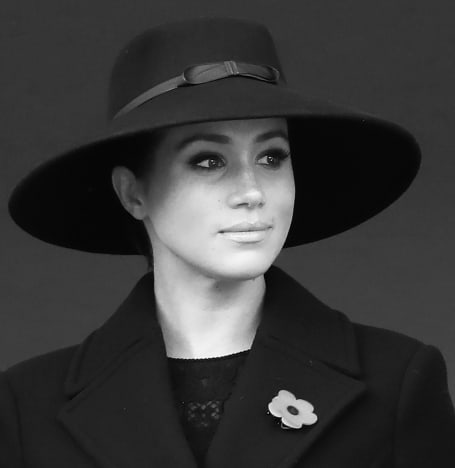

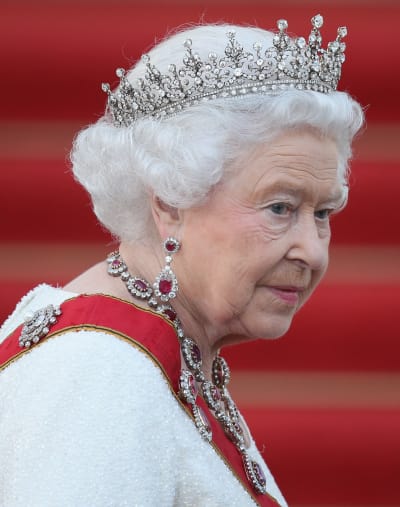


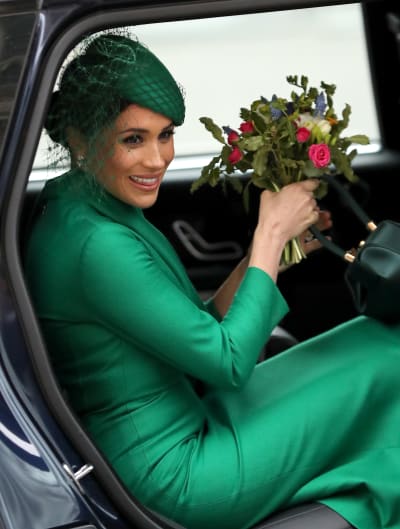
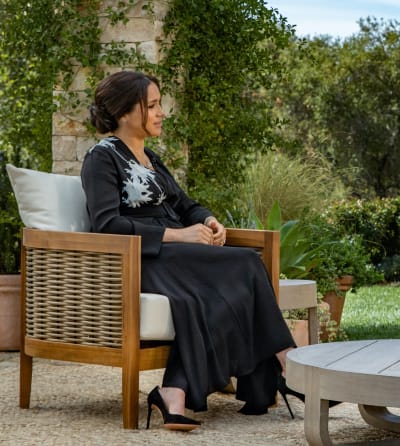
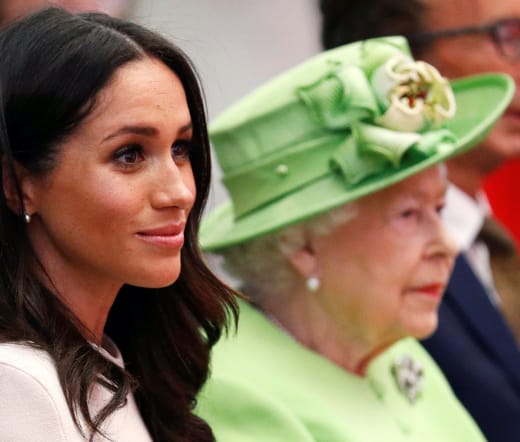


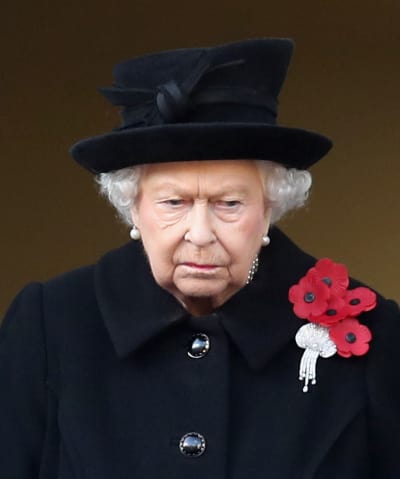

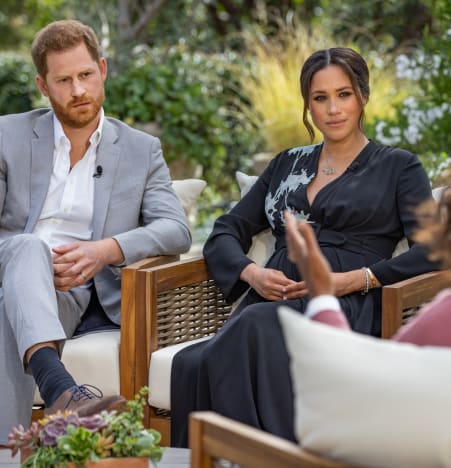
![Forest Essentials [CPV] WW](https://s3-us-west-2.amazonaws.com/pcw-uploads/logos/forest-essentials-promo-codes-coupons.png)
0 comments